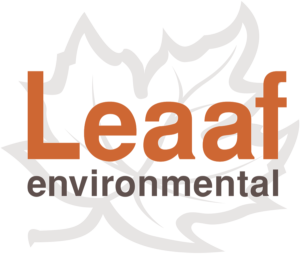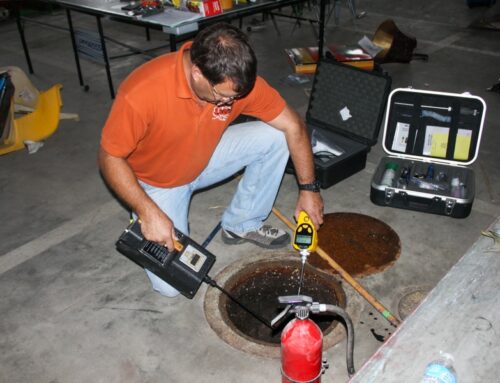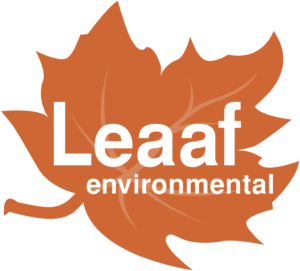Halogen Lamps: Hazardous Waste or Not?
There is a unique category of hazardous wastes that have been selected by The Environmental Protection Agency (EPA) for recycling instead of disposal in a landfill. These wastes are called Universal Wastes. Universal wastes include a wide range of items like lamps, ballasts, batteries, electronic waste (e-scrap), and mercury-containing devices. These wastes include halogen lamps, which have become a popular lighting choice, valued for their energy efficiency and brightness. However, despite their advantages, many people are unaware that these lamps have special disposal requirements.
Understanding Universal Wastes
The EPA’s Universal Waste Rule is a set of regulations that covers a diverse array of items containing hazardous substances. These substances, if mishandled or disposed of improperly, can pose severe risks to the environment and human well-being. As a result, proper management and recycling of universal waste have become paramount to safeguarding the planet and promoting public health.
Halogen Lamps
Halogen lamps are better than fluorescent lamps because they do not contain mercury. The absence of mercury in halogen lamps mitigates the risk of mercury exposure, which has been associated with various health hazards, making them a preferred choice in households and businesses.
Apart from their safety advantages, halogen lamps offer exceptional brightness, energy efficiency, and a longer lifespan when compared to traditional incandescent bulbs. These factors have contributed to their popularity as a lighting choice in various applications.
However, despite their increased safety and cost-effectiveness, broken or discarded halogen lamps are still considered a universal waste by EPA and therefore require special handling and disposal. It is illegal to send these lamps to a landfill. As of August 1st, 2023 selling halogen lamps might become illegal as the US government would like to conserve energy emissions, making it even more important to know how to properly dispose of them.
Types of Universal Wastes
- Lamps: The EPA’s Universal Waste Rule encompasses multiple types of lamps, presenting a wide variety of lighting choices for consumers. Among them are linear fluorescent, compact fluorescent, Ubent, circular, HID, LPS, MH, MV, shattershield, coated, power groove, incandescent, halogen, LED, Neon, and UV lamps.
- Ballast and Electrical Equipment: Another category covered by the Universal Waste Rule includes various electrical equipment that may contain regulated materials. Examples of such items are PCB ballast, non-PCB ballast, capacitors, transformers, regulators, circuit breakers, and switches.
- Batteries: Batteries, being a prominent universal waste item, contain hazardous materials such as acids, reactives, toxics, and heavy metals. Lead Acid, Alkaline, Nickel, Lithium, Mercury, Zinc Carbon, Zinc Air, and Magnesium batteries are all included in this category.
- Escrap: Electronic waste plays a significant role in universal waste, with various devices contributing to the hazardous material content. Computers, CRTs, LCDs, TVs, monitors, CPUs, towers, hard drives, printers, fax machines, copiers, cell phones, and various peripherals are among the items that contain hazardous materials like lead, cadmium, and mercury.
- Mercury Devices: Under the EPA’s Universal Waste Rule, mercury-containing devices such as thermometers, barometers, thermostats, switches, precision instruments, and medical devices are classified as universal waste.
Halogen Lamps are a Universal Waste
Halogen lamps cannot be simply discarded in a landfill; instead, they must be processed or recycled by a licensed vendor who possesses the expertise to handle hazardous materials responsibly.
The responsible management of universal wastes, including halogen lamps, is vital to reduce environmental and health risks. By choosing mercury-free halogen lamps and adhering to the EPA’s Universal Waste Rule, individuals and businesses can contribute to a safer and more eco-friendly environment. Most importantly, embracing recycling practices for universal waste and properly handling hazardous waste will also aid in conserving valuable resources and promoting sustainability.
At Leaaf, we can help you with identification, coordination, and disposal of your waste. You can reach us at info@leaaf.com.





